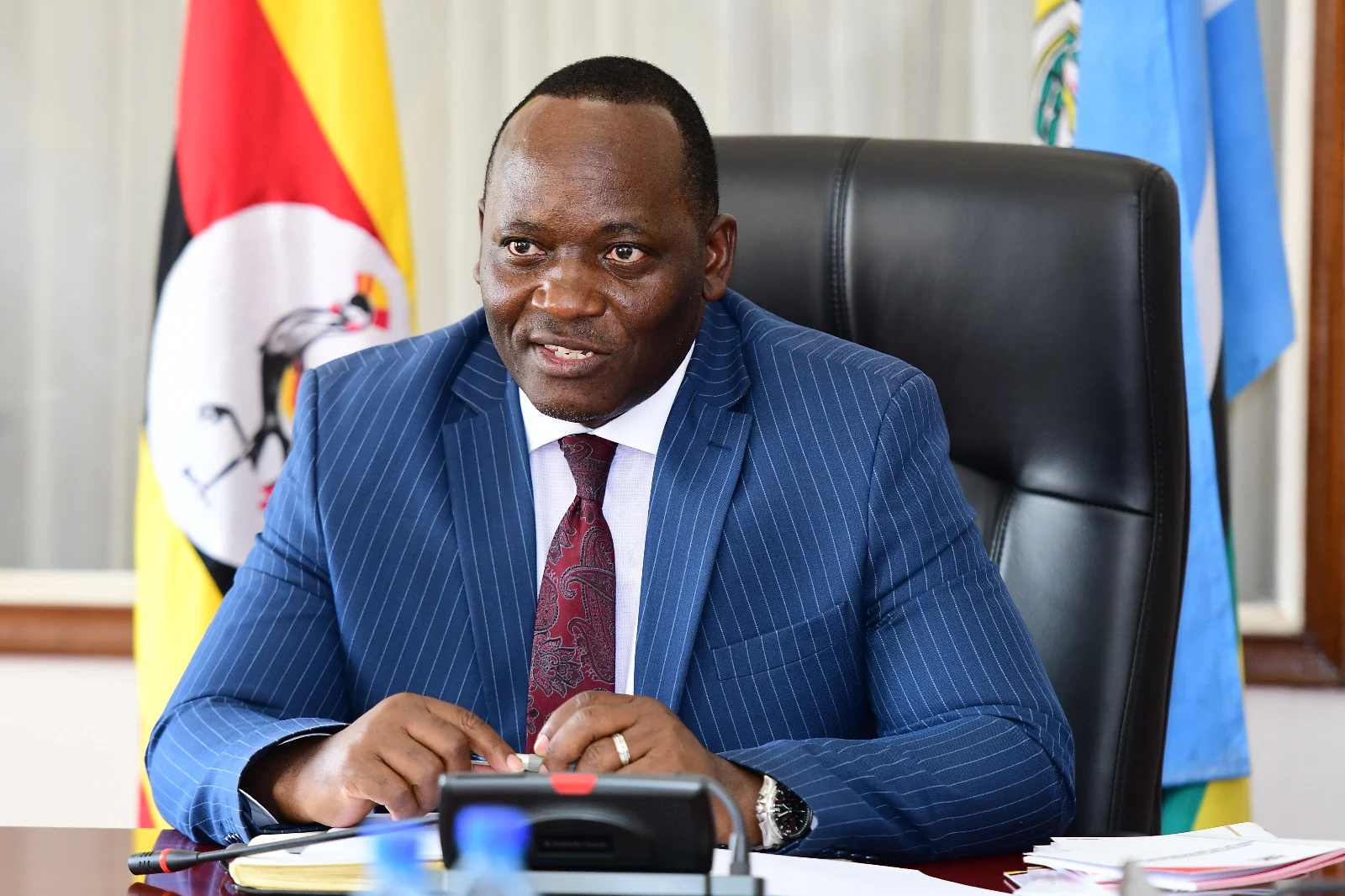
KAMPALA – Mathias Mpuuga, the Parliamentary Commissioner and MP for Nyendo-Mukungwe Division, has formally sought leave to introduce eight bills focused on Constitutional and Electoral reforms. These bills include amendments to the Constitution, Presidential Elections, Electoral Commission, Parliamentary Elections, Referendum and Other Provisions, Local Government, and Political Parties and Organisations.
However, Mpuuga’s recent actions have been overshadowed by controversy surrounding a Shs500 million service award he received. The National Unity Platform (NUP), his own party, called for his resignation over the issue, citing concerns about the legitimacy of the award. The Uganda Law Society also challenged the allocation, labeling it an “illegal charge” on the Consolidated Fund of Uganda.
Despite the backlash, the High Court in Kampala recently ruled that the Shs500 million award to Mpuuga was within the national budget approved by Parliament. This decision has likely alleviated some pressure on Mpuuga, allowing him to focus on his legislative efforts.
Mpuuga’s proposals for electoral and constitutional reforms are significant, particularly ahead of the 2026 elections. His experience as former Leader of Opposition in Parliament will likely shape the conversation around these reforms. The eight bills he intends to introduce are:
- The Constitution (Amendment) Bill, aligning with articles 259 and 262 of the Constitution
- The Constitution (Amendment) Bill, aligning with articles 259 and 261 of the Constitution
- The Presidential Elections (Amendment) Bill
- The Electoral Commission (Amendment) Bill
- The Parliamentary Elections (Amendment) Bill
- The Referendum and Other Provisions (Amendment) Bill
- The Local Government (Amendment) Bill
- The Political Parties and Organisations (Amendment) Bill
These reforms aim to address various aspects of Uganda’s electoral and constitutional framework, potentially impacting the country’s political landscape.





